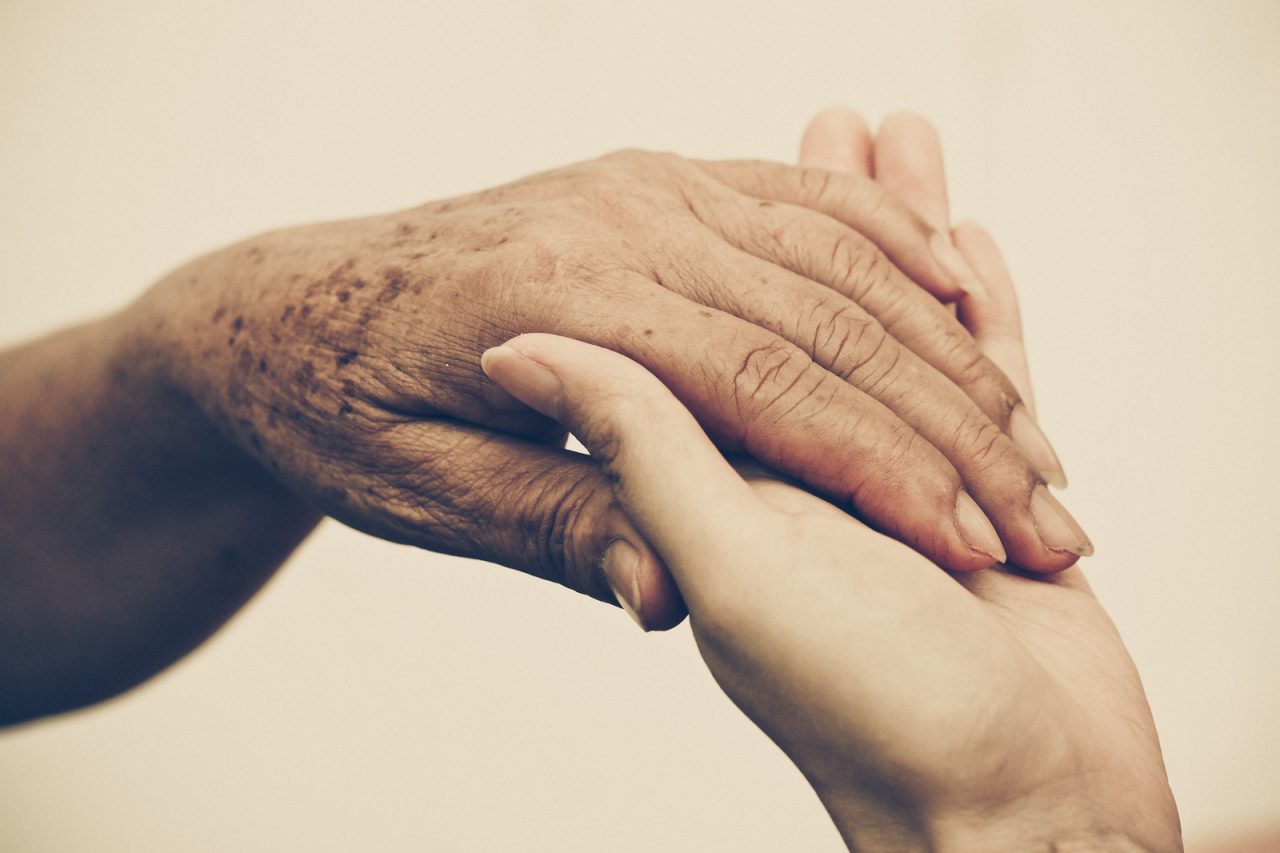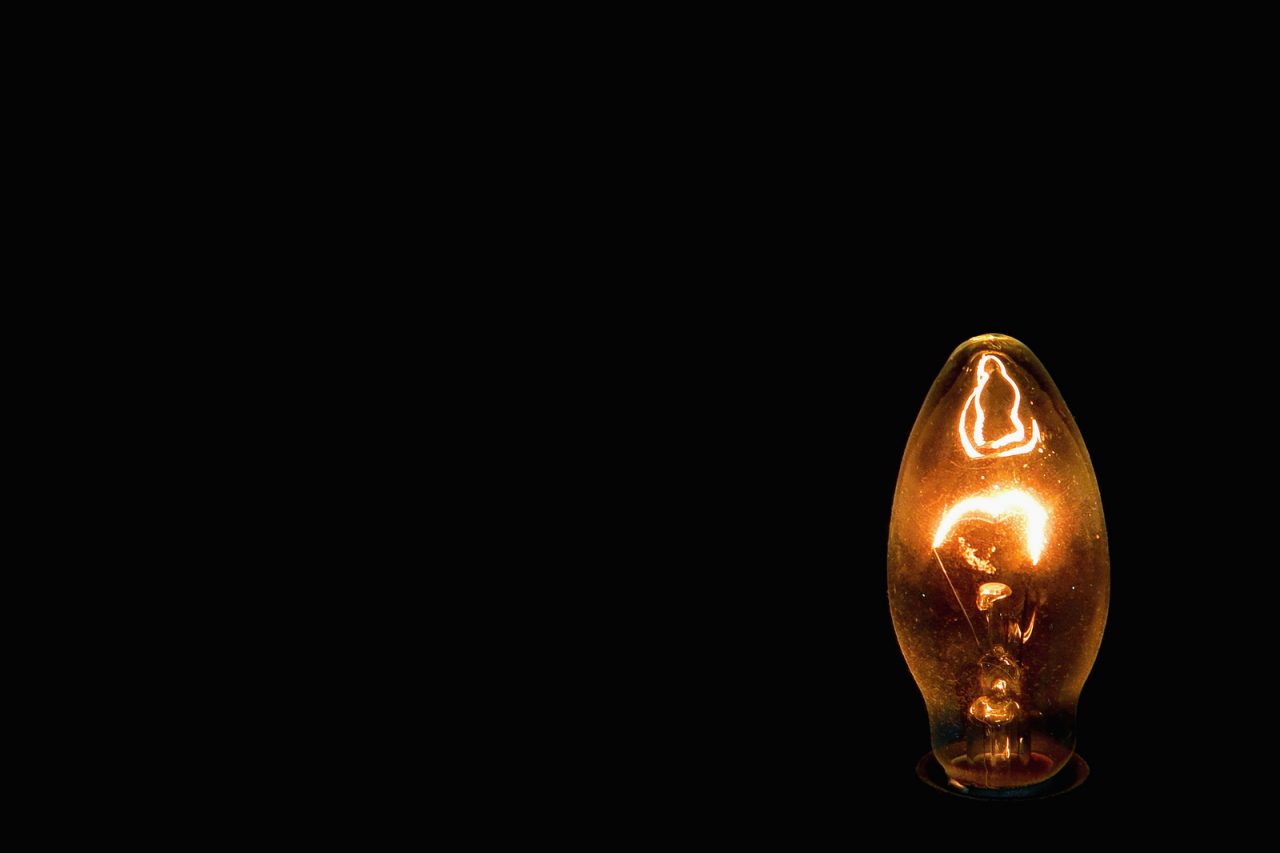Man has been dying on a regular basis for millions of years; should we not be end-of life experts? Why do I feel the need to devote pages and hours to this depressing topic? Is there a goal to my project, beyond venting the shared suffering which soaks my soul? What is my purpose?
For man, denial of death, marginalizing its affect on our lives, is a major project. Far beyond hiding the bodies of the dead, we structure our lives to avoid recognition of mortality, build edifices to immortality and forbid open social interaction around dying, accept when it is too late. Finally, at the time of the inevitable, we isolate our hearts from others and from ourselves, and thus avoid a glimpse of the abyss.
Through history, coping with the frailty of life has fallen to religion and philosophy. We seek comfort for transient existence through meaning and the possibility of an eternal soul. We quest to be removed from the trap of the body and elevate to the infinite. Such magnificent concepts are beyond the critique of the physician. Nonetheless, I cannot but note that for many people, who approach the end of life frightened, in pain and deeply alone, they fail to bring peace.
Thus, we suppress, we avoid, we deny. We structure our lives, even the careers we chose, what we create, the alcohol we drink, who we love and who we hate, to suppress this demon. I believe that often the unstable ground on which we build the foundation of our lives, is denial. It is not death itself, which disrupts daily life so deeply; it is what we do to deny mortal transience.
When we do become ill, denial is the patient who refuses to take pain medication for terminal disease and will not tell his spouse about the illness. It is the man with necrotic leg ulcers who will not stop smoking. The dying grandmother denied contact with her eight-year-old grandson, so as not to “upset” the child. Every one of us who fails to take care of our body, as if we truly have a choice. Families, patients and doctors who endlessly fight incurable illness, obliterating with care precious weeks and months spent in clinics and hospitals.
I believe in the strength of man. I believe that we have the possibility of doing so much more to cope with reality, than toxic emotional suppression. I believe we are capable of opening our hearts to the known and unknown in a way that does not burn us down. I believe men and women can approach the eternal with open eyes and through that acceptance, find peace. I write to say, “Hey, by just talking about dying, just recognizing denial’s hold, perhaps we can be free, if just a little.”
Thus, my project, my focus on hospice, palliative care and end-of-life, while not gentle or easy, is not tragic, nor does it emphasize loss. Rather, it is my goal that by gradually moving into some acceptance of reality we can find empowerment in our lives and by opening our eyes for bright moments, we can draw from man’s deep and infinite strength. Then, perhaps, we can live with quiet hearts.







13 Comments